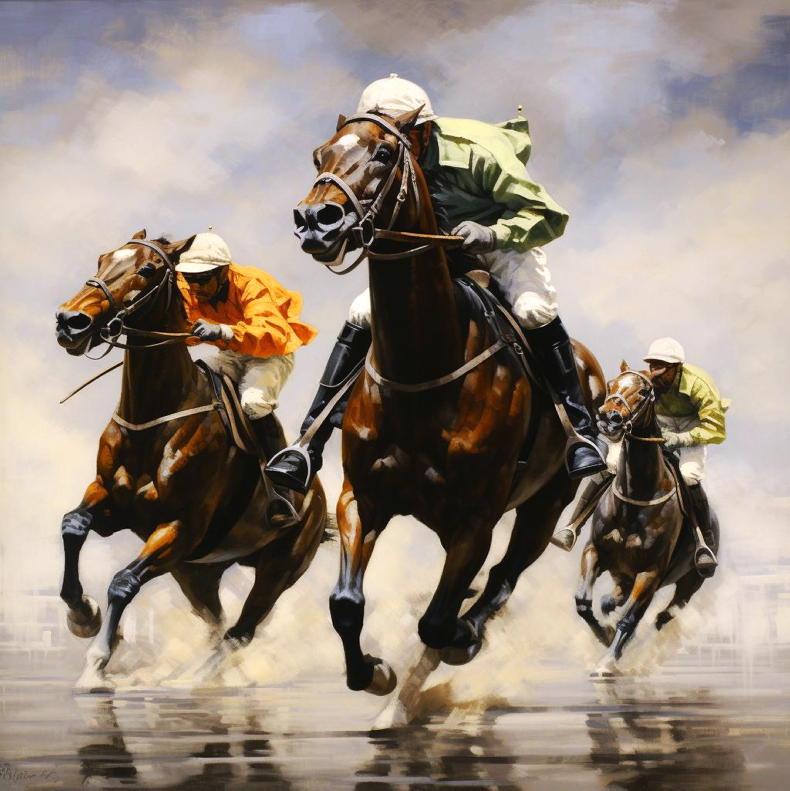While many people think that some horses are sure winners, the past has proven that winning comes down to many factors, some of which are beyond people's control. It is much like playing bingo - once you have marked your cards, you leave the rest to fate. That's why people prefer buying several tickets on the best online bingo sites, as this enhances their winning chances. Good money management also helps.
So, how do jockeys enhance their winning chances if they cannot control everything? It comes down to sponsorships. We look at how these influence the sport and what this means for horse racing enthusiasts.
Horse racing is an exciting sport that has its audience on edge from start to finish. After all, for a horse to win, it must have adequate training and must have a skilled jockey calling the shots. And while many of these traits are innate, horses and jockeys must undergo sufficient training if they are to win the big races. Let’s consider how sponsorships tie into this picture:
1. Providing Finances.
Did you know that maintaining a racing horse amounts to an average of £25,000 annually? This amount goes into training the horse, ensuring it gets all its injections, housing it in a secure space, and moving it from one place to the other. The costs can be higher when a horse has specific needs based on its history. Usually, this maintenance money comes from winning races. But since this is not always a guarantee, it helps when sponsorships cater to this cost to ensure horses get everything they need.
2. Better Training.
Tracks are not the same. For jockeys and horses to do well in different conditions, they must be exposed to different tracks during training. But doing this adds to the training charges which can hamper effectiveness where financial resources are not enough. Sponsors step in to cover the costs of extensive training, which propels jockeys and horses to bag bigger awards over time.
3. More Racing Coverage.
Have you ever wondered how jockeys get paid? It's a whole system. On one side, you have the money that people pay to attend horse races. On the other side, you have the money that people pay to showcase their products during racing events. If the horse racing audience were to dwindle, it would affect the audience numbers as well as the number of marketers who would want a good spot on racing days. Sponsors invest money in the sport, which retains the current audience and attracts another audience, which helps to keep money flowing in this industry.
4. Increased Development.
Nothing changes if nothing changes. And in the digital world, holding on to the same ways that worked a century ago will not bear good fruit. Sponsors invest money in research and development to help jockeys and management teams find newer and more effective ways of training. These include better safety measures, how to ensure fairness, ways to train optimally, etc. These investments result in better performance on the tracks which, again, ensures that the sport continues attracting a wide audience.
5. Better Communities.
Sports are not just about athletes. Instead, they are about their communities. Sponsorships often include corporate social responsibility agreements that cater to the communities that support horse racing. For example, a sponsor can invest in better schools or hospitals in an underserved area to help it grow.
But what do sponsors get in exchange for their investments in the sport? The arrangements benefit the investors as well as the horse racing communities. Sponsors can be more visible to a new audience by marketing their products during events and can tailor their marketing to reach the horse racing demographic. Moreover, such investments boost their public image.
The Outlook
The symbiosis between sponsors and the horse racing industry has not gone unnoticed. As such, many companies have thrown their hats into the ring. Most new entrants are bookies who wish to combine the thrill of racing with that of betting - so far, it has been a success!




 This is a subscriber-only article
This is a subscriber-only article
 It looks like you're browsing in private mode
It looks like you're browsing in private mode





SHARING OPTIONS: